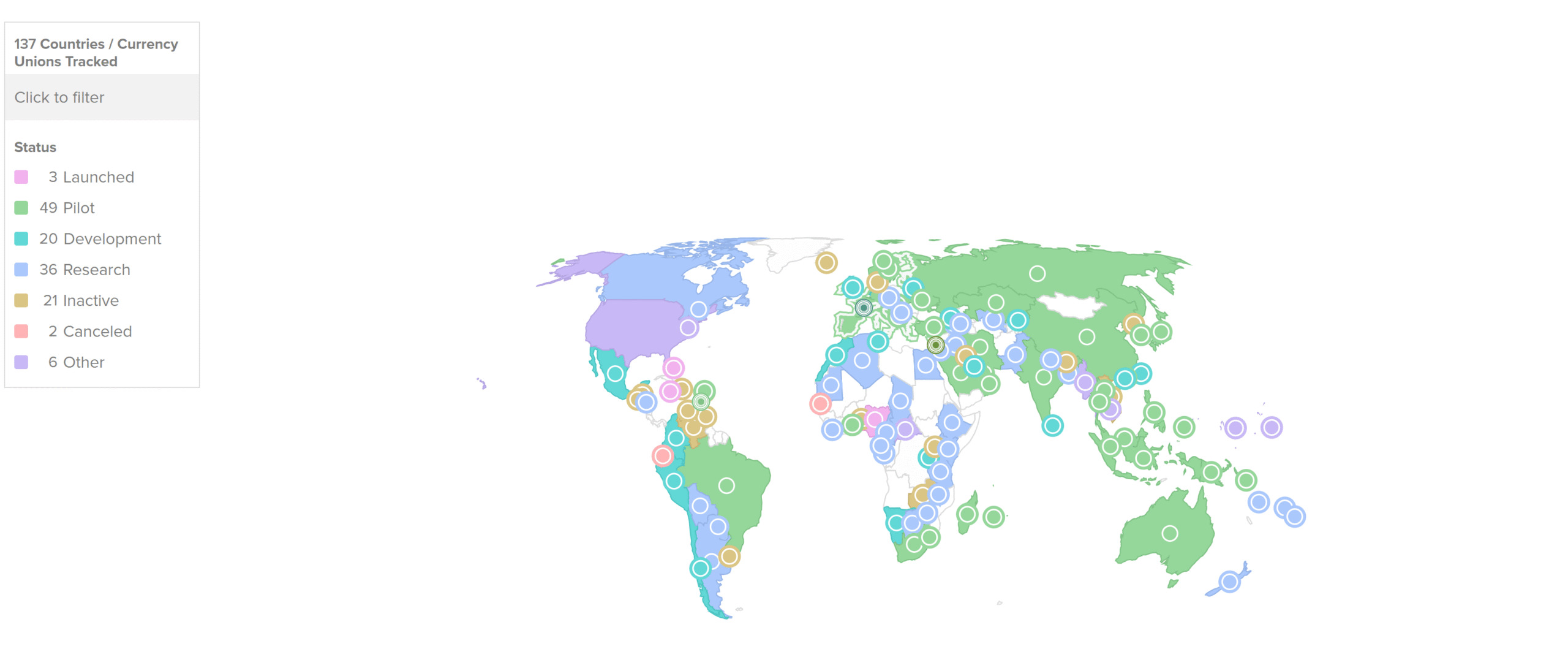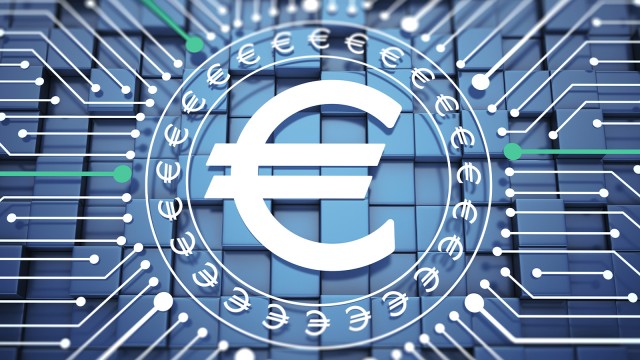Digital Euro Implementation Cost Concerns Raised by Italian Banks
Italian Banks Support Digital Euro, Seek Cost Relief
Italian banks have declared their support for the European Central Bank’s digital euro initiative but are urging the ECB to extend the digital euro implementation cost over several years. Marco Elio Rottigni, General Manager of the Italian Banking Association (ABI), stated, “We’re in favour of the digital euro because it embodies a concept of digital sovereignty,” during a press seminar in Florence, according to Reuters. Rottigni noted the initiative’s high costs, adding that “they could be spread over time” to lessen the financial burden on Italian banks.
Project Timeline and Coordination with Commercial Banks
The digital euro project is advancing, with the ECB’s Governing Council approving its next phase after a two-year planning period. A pilot is expected in 2027, with a full rollout targeted for 2029, contingent on EU legislation adoption by 2026. The bank sector has been closely watching related developments, as some banks in France and Germany have voiced concerns that an ECB-backed retail wallet could siphon deposits away from commercial lenders. Rottigni advocated for a “twin approach,” urging collaboration between the ECB’s digital euro and commercial bank-backed digital currencies. He emphasized the need for Europe to maintain momentum and not “fall behind” in digital currency adoption.
European Lawmakers and Technology Partnerships
Fernando Navarrete, a member of the European Parliament overseeing the legislative review of the proposal, recommended a more limited version of the digital euro to safeguard private payment options, including Wero, a collaborative project involving 14 European banks. In October, the ECB finalized framework agreements with seven technology firms, such as fraud-prevention company Feedzai and security provider Giesecke+Devrient (G+D), to support the digital euro’s development. These companies will contribute to fraud management, secure data exchange, and software solutions. Planned features for the digital euro include alias lookup—allowing payments without knowing a recipient’s provider—and offline payment capabilities.
What’s Next for Digital Euro Implementation Cost and Rollout
As the digital euro project enters its next stage, the debate over digital euro implementation cost remains a key consideration for the banking sector and lawmakers. The ECB’s collaboration with technology partners and engagement with the banking community will shape the project’s future. The full launch is currently set for 2029, contingent on member state approval and the outcome of the ongoing legislative process. The future structure of the digital euro could set precedents for central bank digital currencies worldwide.

Learn more about the evolving world of cryptocurrencies and digital banking in our cryptocurrency news section.




















